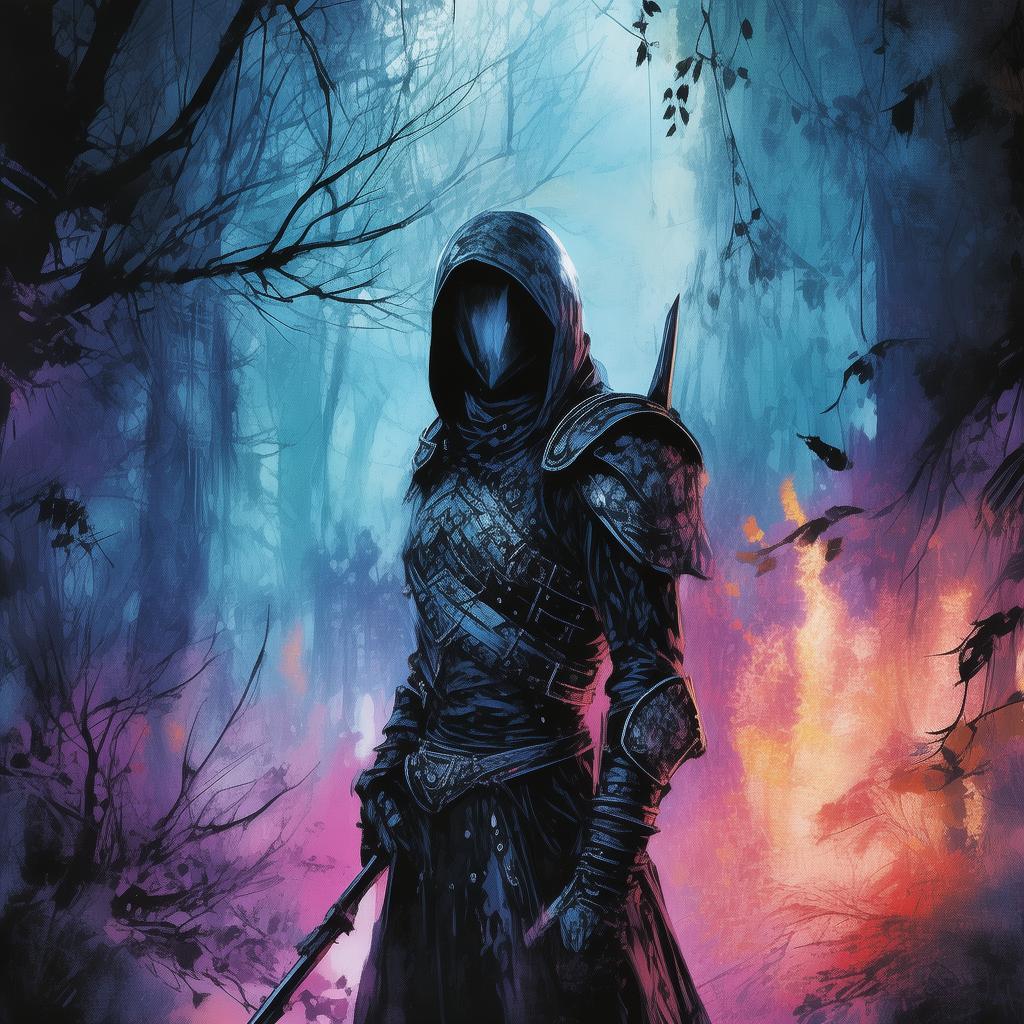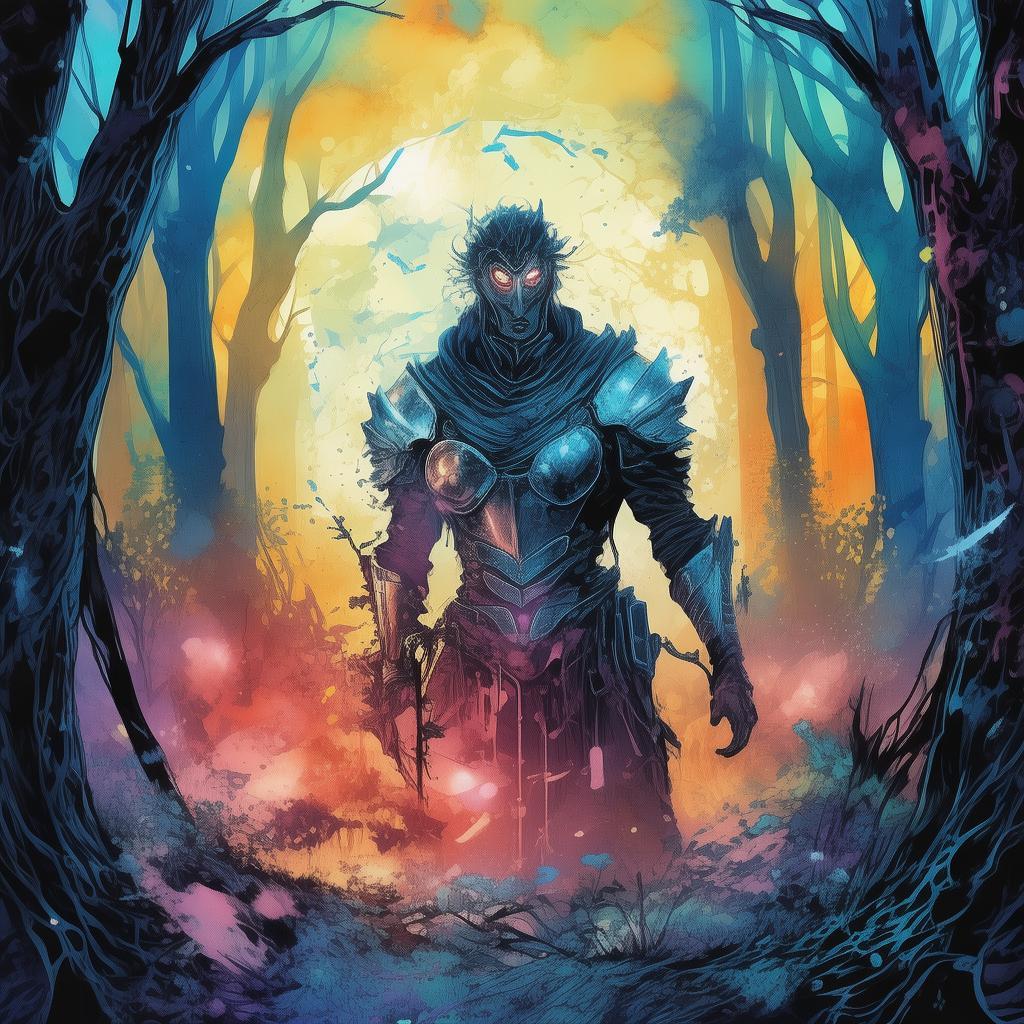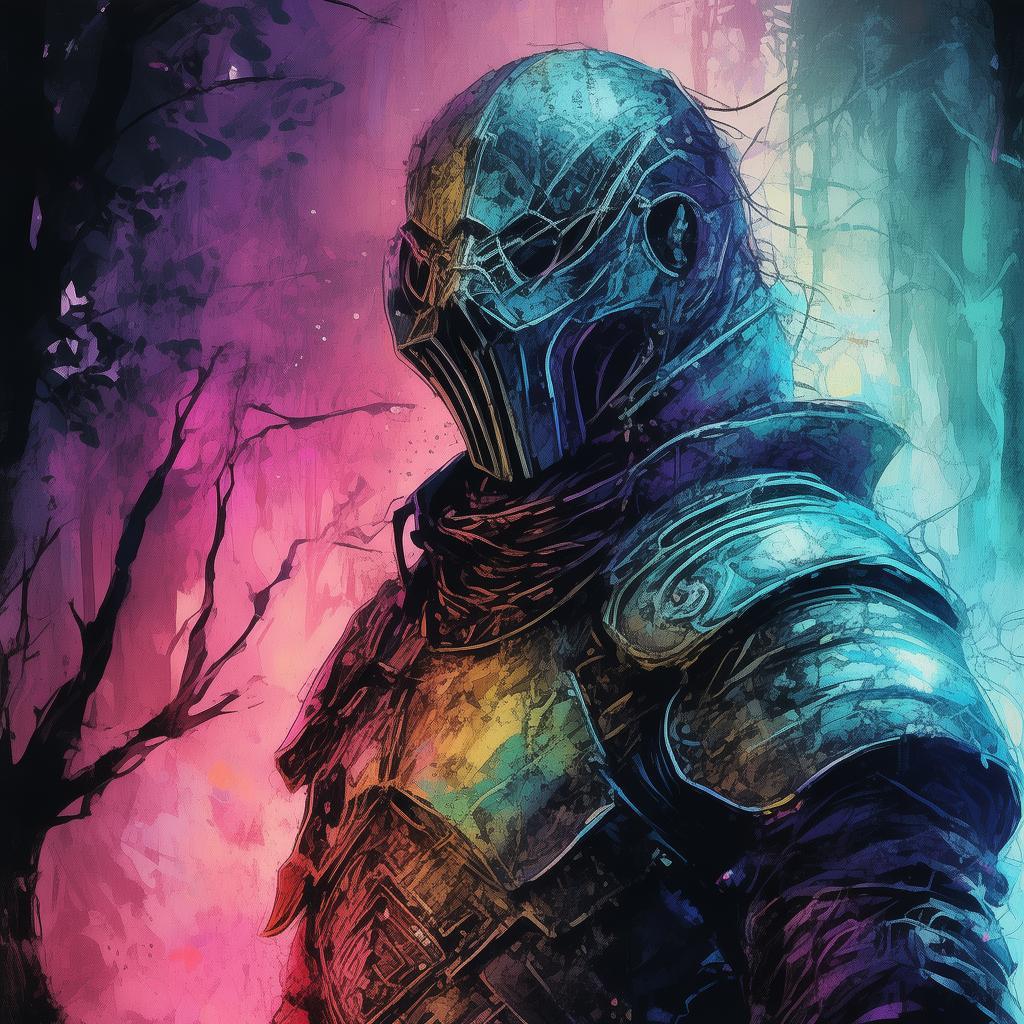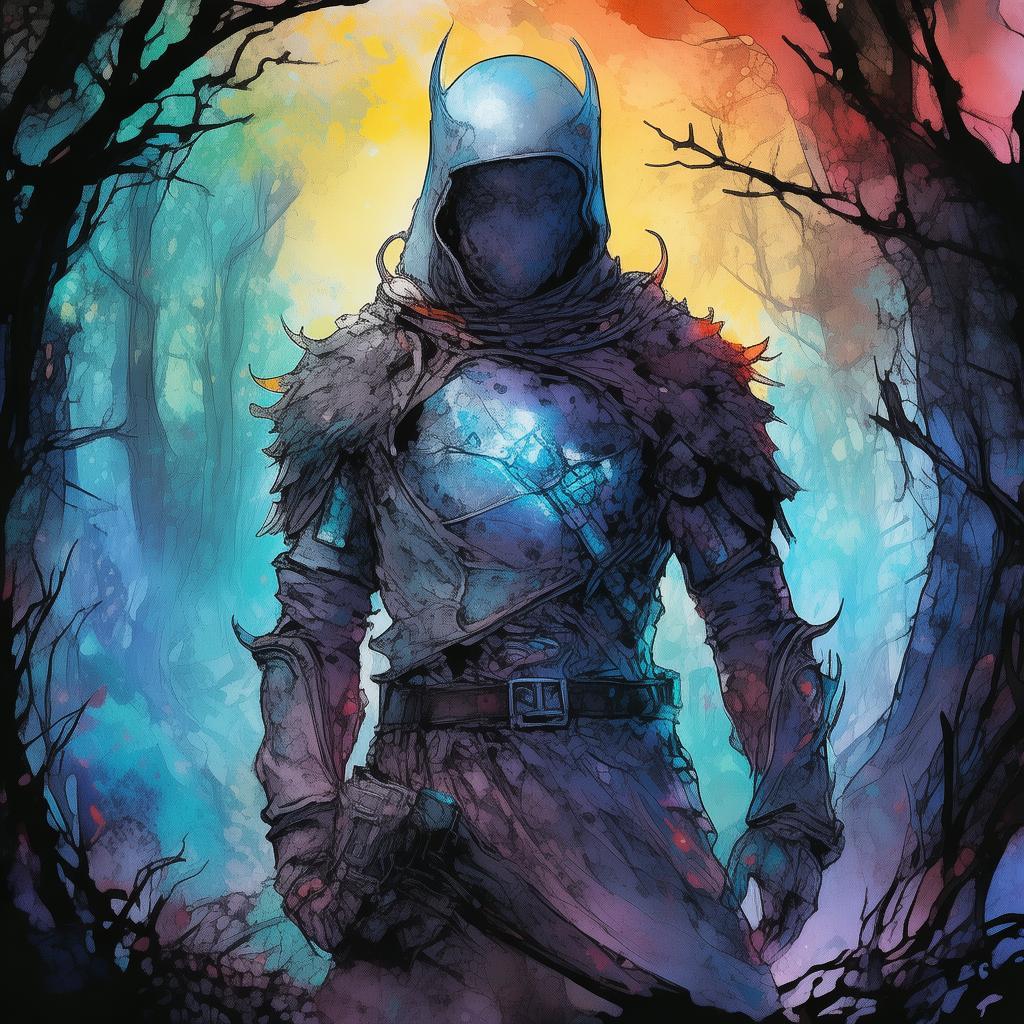The Echoes of Guancheng: A Tale of Two Worlds
In the ancient city of Guancheng, where the sun sets in hues of crimson and gold, there was a legend whispered by the elders: the soul of a lost soul wanders between two worlds, the present and the past. It was said that this wandering soul was bound to a powerful artifact, a mirror that reflected the truth of the city's hidden history.
The tale begins with a young scholar named Liang, whose life took a turn when he stumbled upon an old, dusty mirror in his grandmother's attic. The mirror was unlike any he had seen, with intricate carvings and a mysterious glow that seemed to beckon him. As he held it, a strange vision enveloped him, and he found himself transported to the bustling streets of Guancheng centuries ago.
In this parallel world, Liang encountered a young girl named Mei, whose eyes held the sorrow of a thousand lost stories. Mei spoke of a prophecy, one that foretold the rise and fall of Guancheng, and she believed that Liang, with his scholarly mind and newfound connection to the past, was the key to fulfilling it.
As Liang delved deeper into the city's history, he discovered that the lost soul was connected to a great sage, who had once been tasked with safeguarding the balance between the worlds. The sage, it seemed, had failed, and now the lost soul wandered aimlessly, bound to the mirror that was the source of its power.
The mirror had been stolen long ago by a greedy warlord, who sought to use its power for his own gain. Liang and Mei embarked on a perilous quest to retrieve the mirror and return the lost soul to its rightful place. Along the way, they faced trials that tested their courage, wisdom, and the very essence of their identities.
The journey took them through the treacherous mountains that bordered Guancheng, where whispers of the past echoed in the wind. They encountered spirits of the dead, who revealed the secrets of Guancheng's ancestors and the mistakes that led to the city's downfall. Each spirit's tale was a piece of the puzzle, and Liang and Mei pieced them together with the wisdom of the sage, who had once walked these same paths.
As they neared the heart of Guancheng, the warlord's forces closed in, and a fierce battle ensued. Liang and Mei, with the help of the spirits and the lost soul, managed to defeat the warlord and retrieve the mirror. The lost soul, now freed, found its way back to the past, leaving the mirror in Liang's hands.
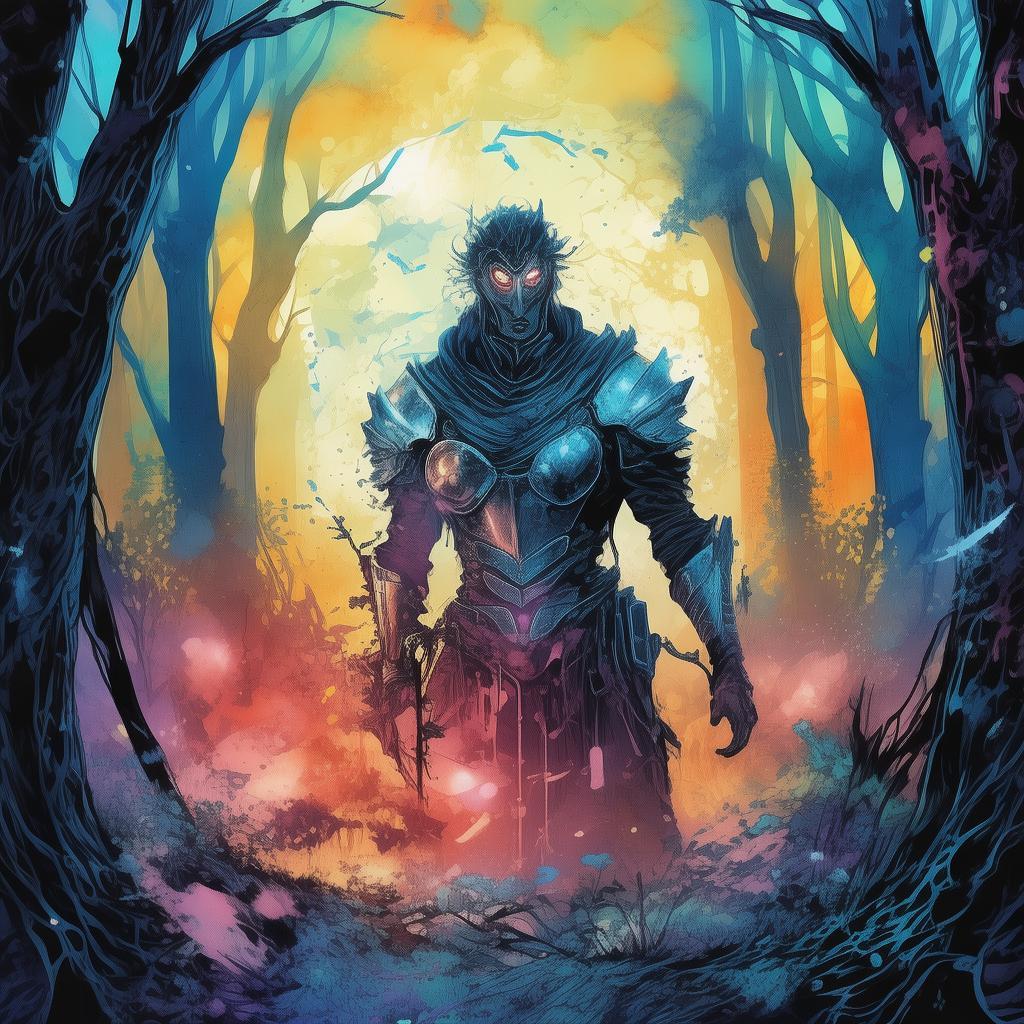
With the mirror in his possession, Liang returned to his own time, but the echoes of the past remained with him. The mirror, now in his care, held the power to bridge the worlds, and Liang knew that his destiny was intertwined with the fate of Guancheng.
In the present day, Liang dedicated his life to preserving the city's history and ensuring that the lessons of the past were not forgotten. The legend of Guancheng's lost soul and the mirror became a symbol of hope and unity, reminding all who heard it that the past and the present are forever connected.
As the years passed, Liang's descendants continued the tradition, each one holding the mirror as a reminder of the legend and the power of fate. The lost soul, now at peace, watched over them from the world of the past, forever bound to the city that had become its home.
The Echoes of Guancheng: A Tale of Two Worlds is a story of courage, love, and the eternal dance between the past and the present, where the choices of the past shape the future and the lost souls of history find their place in the world that continues to unfold.
✨ Original Statement ✨
All articles published on this website (including but not limited to text, images, videos, and other content) are original or authorized for reposting and are protected by relevant laws. Without the explicit written permission of this website, no individual or organization may copy, modify, repost, or use the content for commercial purposes.
If you need to quote or cooperate, please contact this site for authorization. We reserve the right to pursue legal responsibility for any unauthorized use.
Hereby declared.
